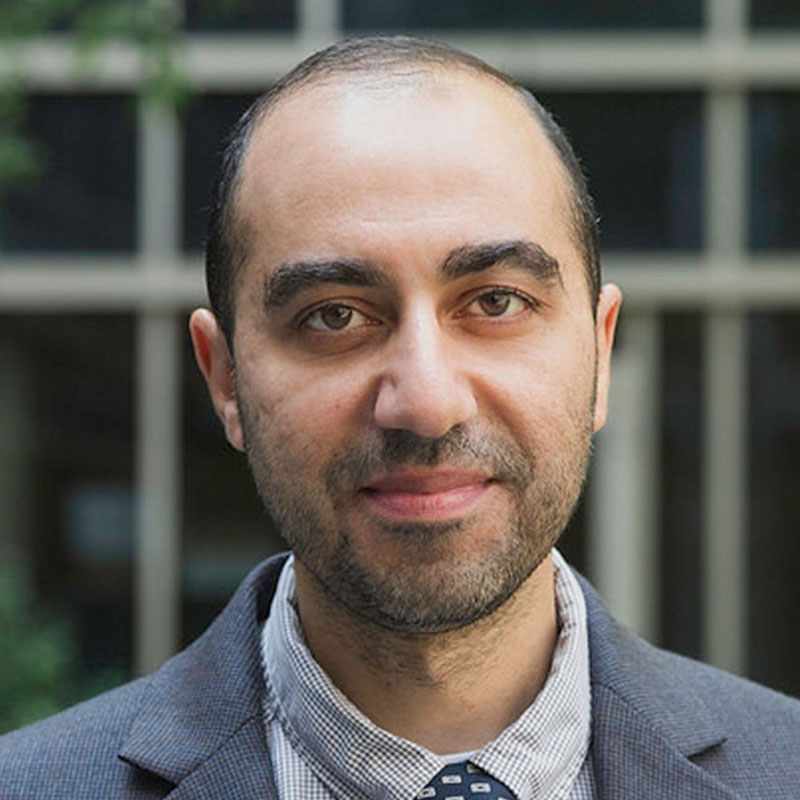Ashraf Tantawy

Current University
Virginia Commonwealth University
Research Area
Ashraf Tantawy’s current research focuses on the development of tools, algorithms, and architectures for the co-design of safety and cyber security systems, particularly using machine learning techniques, to safeguard CPHS against adversaries and AI-instigated unsafe behavior.
Research Summary
Tantawy is currently conducting research in the new generation of AI-Enabled Cyber Physical Human Systems (CPHS) that utilize AI algorithms in perception, decision making, fault detection and diagnosis, safety, security, and human-in-the-loop learning.
Tantawy's other main research interests include the development of new algorithms for Human-CPS interaction and transfer learning, and Reinforcement Learning and its applications. He focuses on applied research, with application domains including autonomous vehicles and drones, and industrial control systems.
Background
Tantawy is an assistant professor in the Electrical and Computer Engineering Department, Virginia Commonwealth University.
He is currently serving as a Co-PI/Collaborator on several research grants, summing up to over $1 million, and funded by government agencies and industrial partners including Virginia Commonwealth Cyber Initiative (CCI), Virginia Catalyst, NASA, and Commonwealth Center for Advanced Manufacturing (CCAM).
Prior to joining VCU, Tantawy was a post-doctoral researcher at Qatar University, from 2016-2018, conducting research on cyber security for industrial control systems. From 2012-2018, he worked in the Oil & Gas industry for multinational organizations, including British Petroleum, Qatar Gas, and Schneider Electric (then Invensys), where he designed, verified, and implemented a variety of embedded systems including distributed control systems, SCADA systems, and safety instrumented systems. He is a certified Safety Instrumented Systems (SIS) Expert, from the International Society of Automation (ISA), NC, USA, in 2015. He is a member of the IEEE.
Alma Mater
Tantawy received his Ph.D. in 2011 from the Department of Electrical Engineering and Computer Science, Vanderbilt University, under the supervision of Professor Xenofon Koutsoukos.


